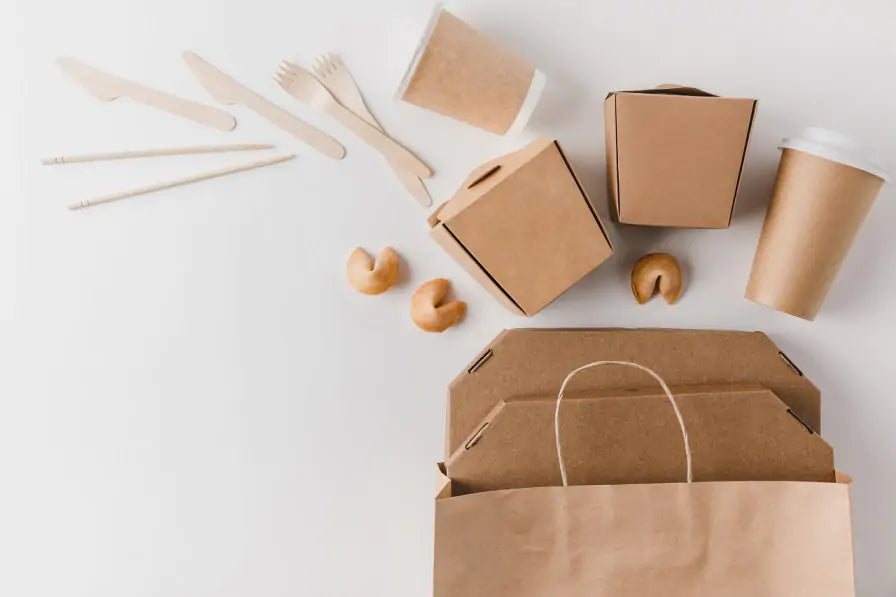OR
Express Checkout

A YouGov survey commissioned by the waste management firm FCC Environment has found that most people believe that individuals have the main responsibility for litter from takeaway packaging.
Takeaway packaging litter is a growing problem as many more people now eat ‘on the go.’ A study carried out by the University of Manchester last year estimated that 25 million takeaway containers are used in the EU each year.
Fast food, drink and confectionary packaging are the most commonly found forms of litter in the UK. The clean up of these types of litter alone cost councils over £100 million per year which could be far better spent.
FCC survey findings
The council taking a stand against takeaway litter
East Northamptonshire Council is taking action to tackle takeaway litter. Its Waste Services Manager commented that the council introduced a zero-tolerance litter policy several years ago using fixed penalties and prosecutions to deter people from littering. With takeaway litter, the council have been working with retailers to trace it back to the people who bought the items. The council are even calling for some kind of identification to be put on the packaging so that culprits can be found more easily. The council has been working successfully with McDonald’s and KFC to identify drive-thru users who discard their fast food packaging.